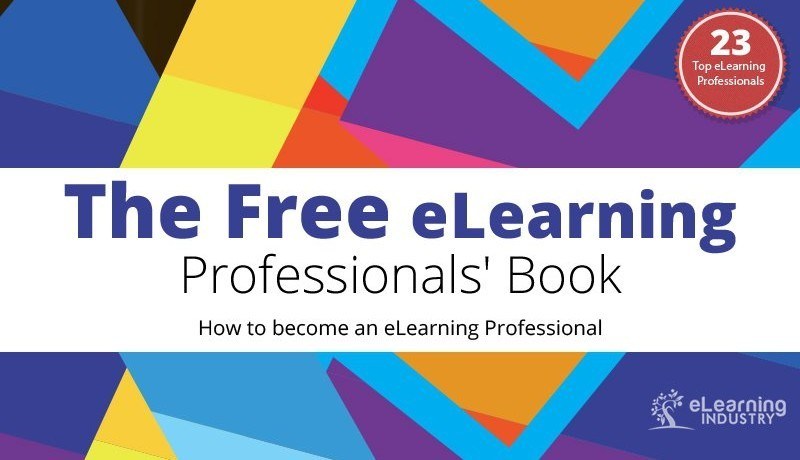I confess that whenever I see someone has cited their job title as “Learning Experience Designer” my first reaction is skepticism.
As the joke goes, a data scientist is a statistician who lives in San Francisco. So too at times, it seems a learning experience designer is an instructional designer who lives in Sydney.
Aggrandising one’s title is hardly new, so I’ve been pondering why this title bothers me so much. And I think I’ve cracked it.
According to yours truly, a true learning experience designer applies User Experience (UX) design methodology to their role. Sure, instructional design and solution development remain critical skills, but arguably more important is ensuring the solution meets the needs of the learner in the first place. This is where user-centered approaches such as design thinking come into play.
Thus the term “Learning Experience Designer” is a slight misnomer. Yes, such a person designs learning experiences; but the point is that by looking through the lens of UX, they position the learner as the user.
Hence I propose the term “Learner Experience Designer” as a pedantic yet meaningful adjustment that better represents the nature of the role.


